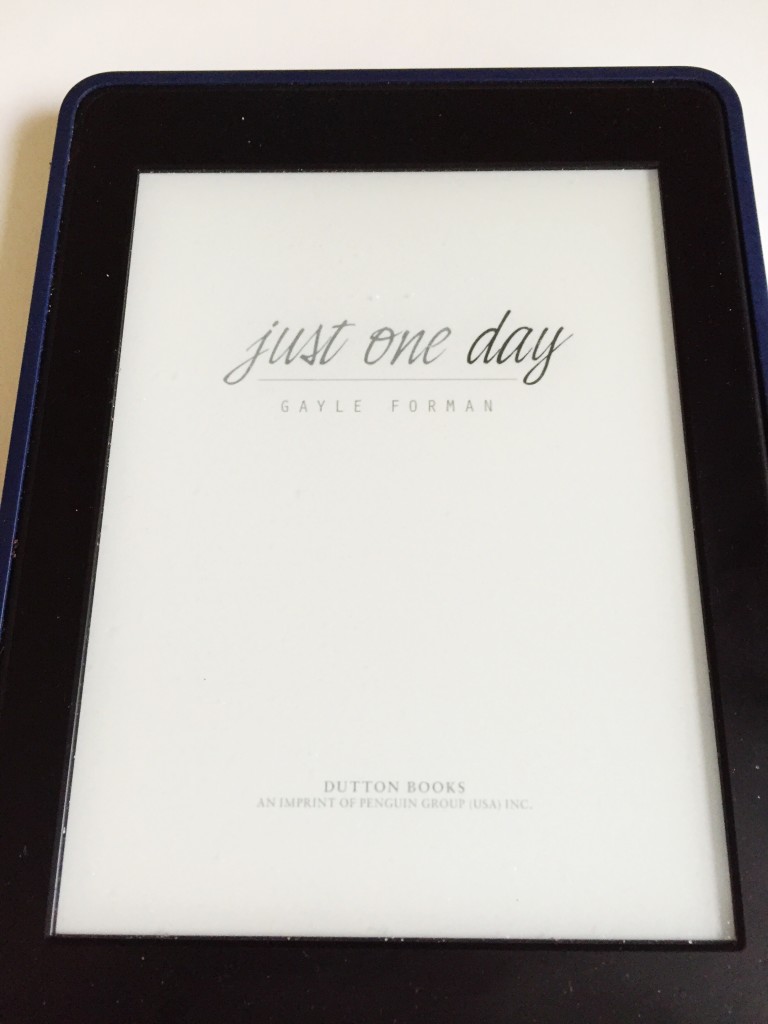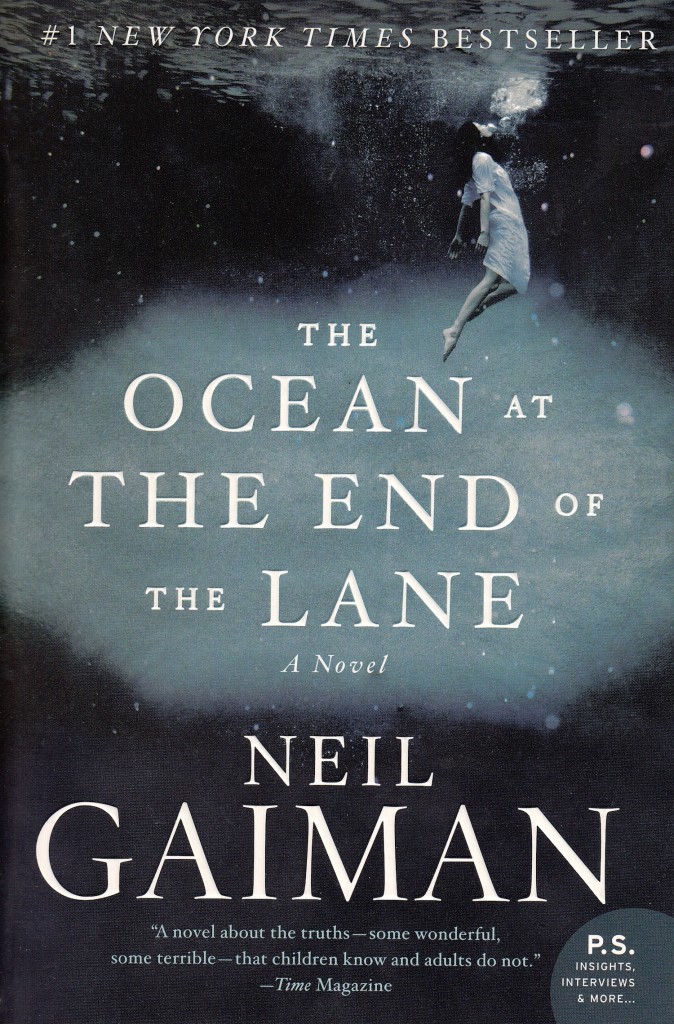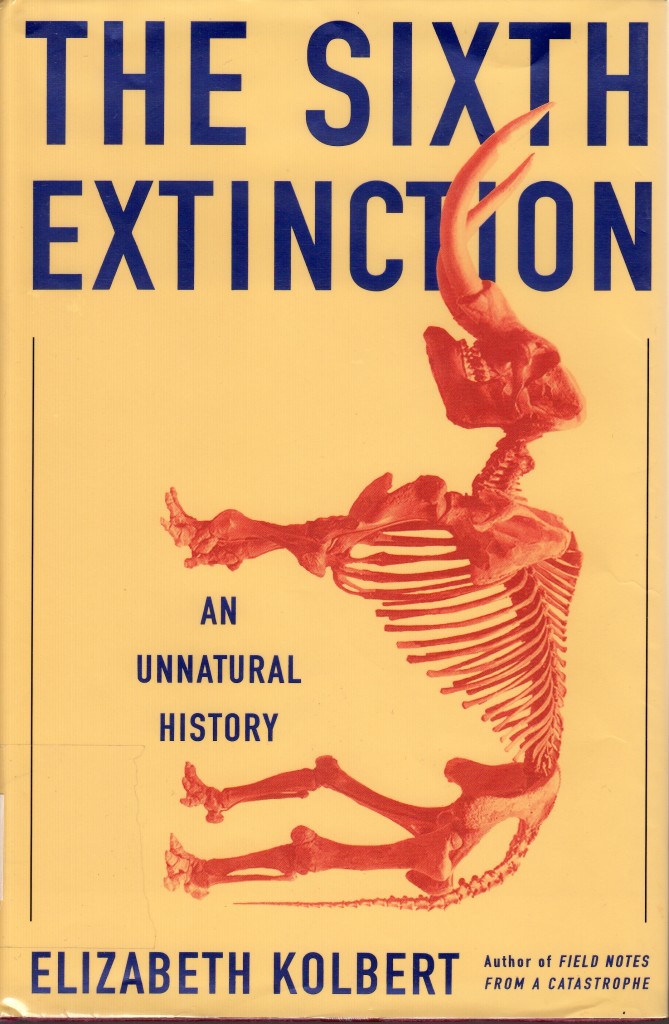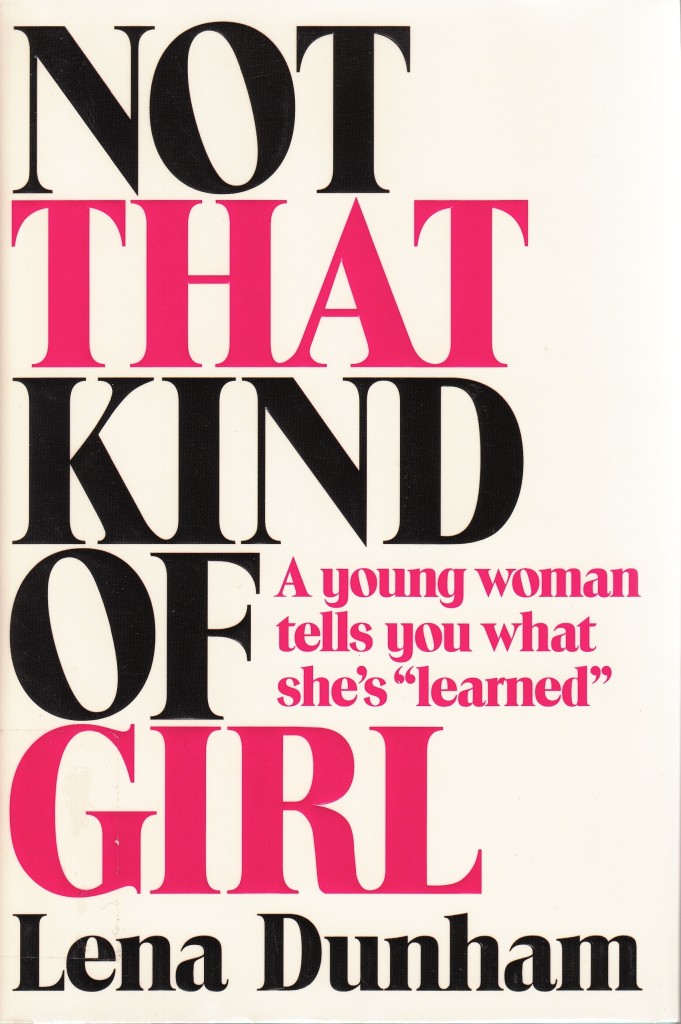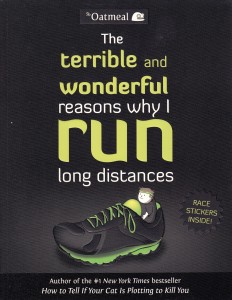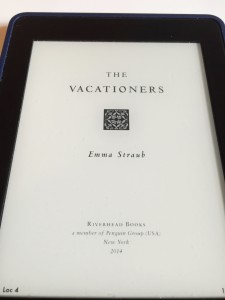What’s it about?
Just One Day is a young adult novel about – what else – figuring out who you are. Plot-wise, it’s about a sheltered 18-year-old girl who travels to Europe with a tour group, meets a boy, runs off to Paris, and then he disappears on her. But it’s love, true love, and so she pines for him for awhile before getting off her butt and looking for him. It’s about how she grows as a person, figuring out who she wants to be, not just who her parents think she is.
Why should you read it?
It’s cute. I picked it up because I saw a recommendation online talking about what a brave person the main character is. And to a degree that’s true. She’s not running around in a war situation (the go-to male bravery experience), but she is getting out into the world, making decisions for herself, and that can be terrifying at 18/19. Just One Day provides a good template for how to do it responsibly.
